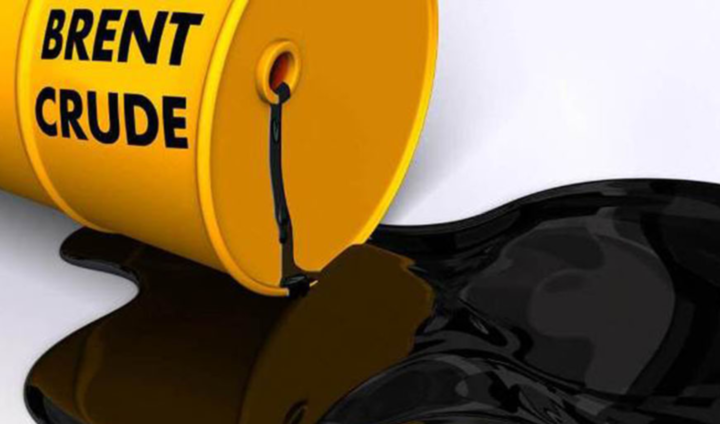Brent crude oil prices experienced a sharp decline to $78 per barrel in the aftermath of the Organization of Petroleum Exporting Countries (OPEC) announcing the postponement of its scheduled meeting from November 26 to November 30. The fall in prices was confirmed at 3:40 PM, GMT+1, with Brent crude settling at $78.86, a notable drop from the late September 2023 value of $98 per barrel.
The postponement, as reported by Infostride News, is attributed to ongoing discussions between Saudi Arabia and other producers who have not met their expected production quotas. This development underscores the complexities and challenges within OPEC+, particularly concerning adherence to production targets.
A recent report by Infostride News highlighted Nigeria’s struggle to significantly increase its oil production before the November 2023 deadline imposed by OPEC. The country faces the risk of producing only 1.38 million barrels per day of crude oil in 2024, a figure set by OPEC in June 2023. The failure to meet production targets has triggered concerns and increased tensions within OPEC+.

African nations, as detailed in the Infostride News report, may be compelled to adhere to new crude oil production limits for the upcoming year. Disagreements among African members regarding the possibility of reduced oil production quotas have strained relations within OPEC+. The initial acknowledgment by sub-Saharan African OPEC+ members, including Nigeria, of potential decreased quotas for 2024 hinged on their ability to demonstrate increased production capacity before November 2023.
In October 2023, Nigeria’s crude oil production (excluding condensates) peaked at 1,350,573 barrels per day, falling short of the assigned quota of 1.78 million barrels per day for 2023. Throughout the year, production fluctuated between 1 million and 1.34 million barrels per day, emphasizing the country’s inability to make substantial strides in meeting OPEC+ quotas.
The challenges faced by Nigeria in boosting oil production capacity are multifaceted, with crude oil theft significantly impacting not only crude output but also natural gas production, as confirmed by the Nigeria Liquefied Natural Gas (NLNG) Limited. These challenges underscore the need for strategic measures to address issues hindering the country’s oil sector growth.
Looking ahead, Goldman Sachs anticipates the upcoming OPEC+ meeting to potentially consider a more significant cut in oil output. The expectation is that major players like Saudi Arabia and Russia might extend their voluntary production cuts until at least the first quarter of 2024. According to Goldman Sachs, there is a 35% possibility that major OPEC producers could opt for a deeper production cut during the meeting. This move aims to mitigate the risk of Brent prices falling below $80 per barrel, particularly in the face of anticipated weaker demand in the first quarter of 2024.
In essence, the suggested production cut serves as a proactive measure to safeguard against market uncertainties and stabilize prices. The intricate dynamics within OPEC+ and the challenges faced by individual member countries, especially Nigeria, underscore the delicate balance required to navigate the evolving landscape of the global oil market. As the industry grapples with shifting demand, geopolitical factors, and production challenges, strategic decisions made within OPEC+ will continue to play a crucial role in shaping the trajectory of oil prices and market stability.
Support InfoStride News' Credible Journalism: Only credible journalism can guarantee a fair, accountable and transparent society, including democracy and government. It involves a lot of efforts and money. We need your support. Click here to Donate
